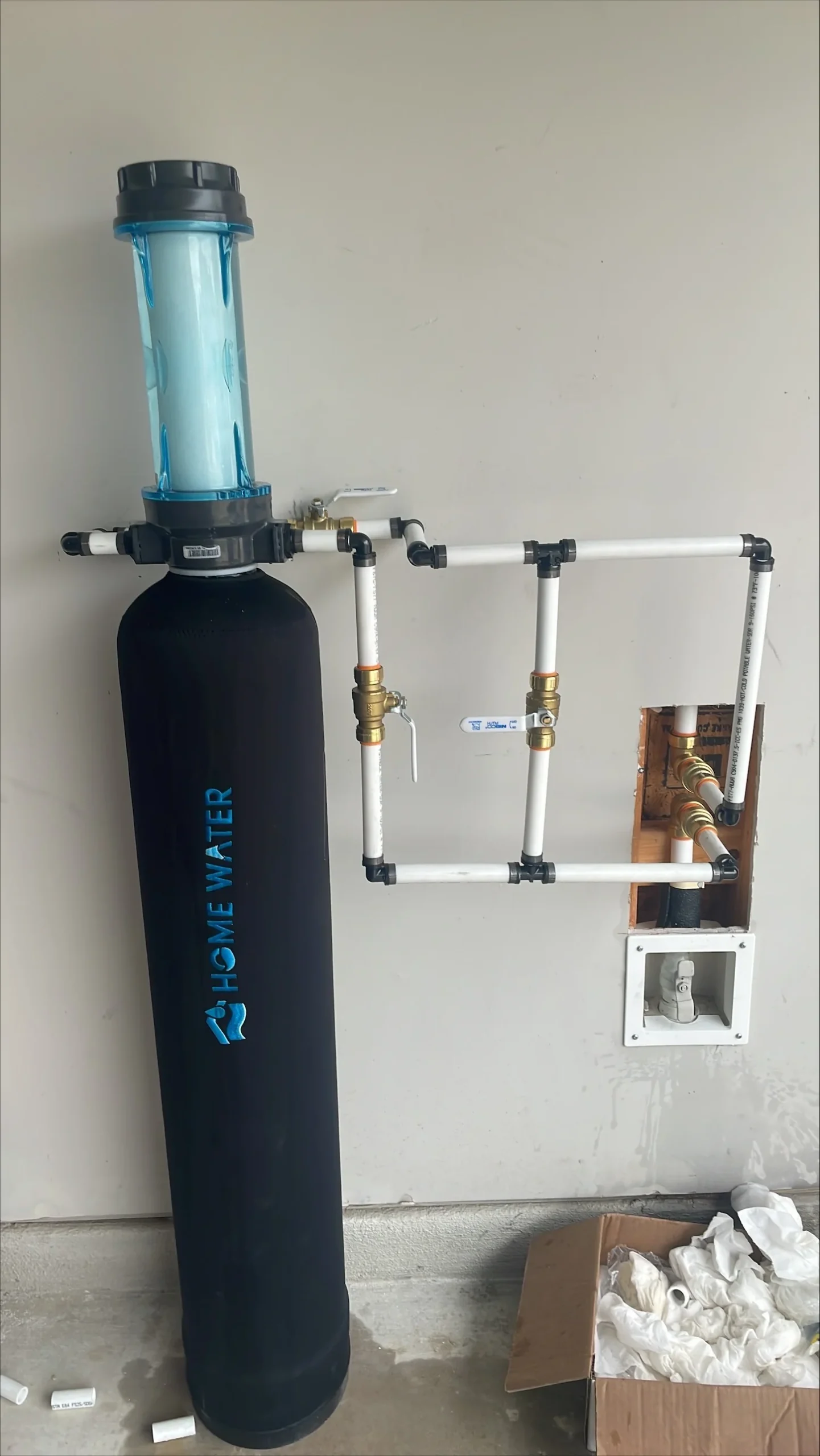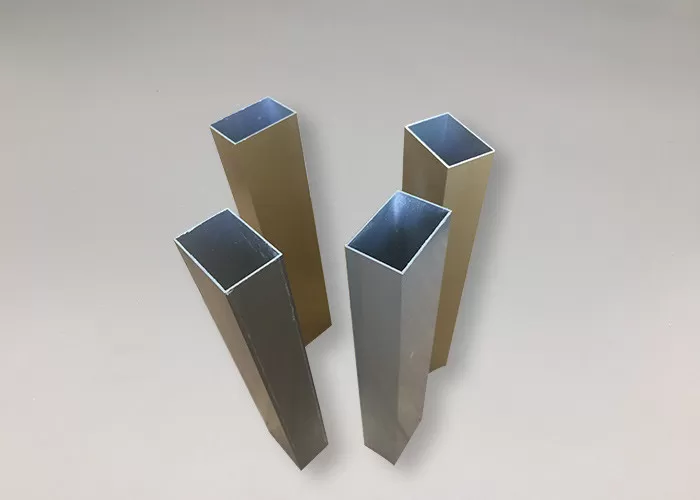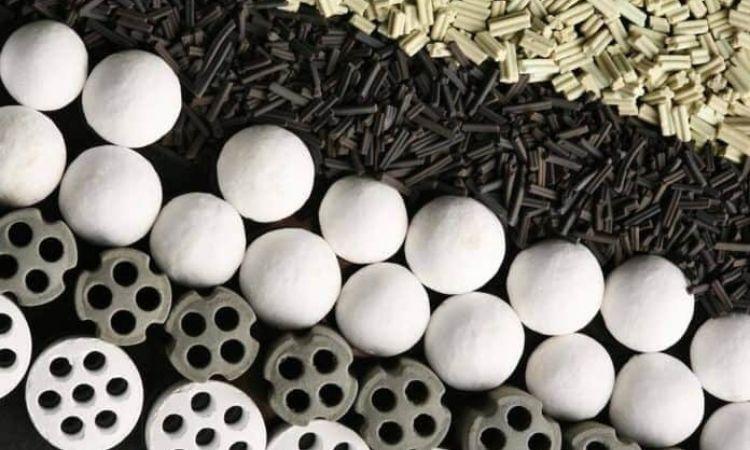In today’s world, clean and safe drinking water is a necessity for every household. Whether you rely on municipal supplies or a well water filter, choosing the right water purification system is crucial for maintaining your family’s health. This guide will walk you through the essential factors to consider when selecting a home water filtration system, including the types of systems available and their benefits.
Why Invest in a Water Filtration System?
The importance of having a reliable drinking water filter cannot be overstated. Here are a few compelling reasons why investing in a home water filtration system is a smart choice:
• Health Benefits: Filtering your water can remove harmful contaminants, such as lead, chlorine, and bacteria, ensuring your family drinks only safe water.
• Improved Taste and Odor: Many tap water supplies contain chemicals that affect the taste and smell. A quality kitchen water filter can significantly enhance the flavor of your water.
• Cost Savings: By using a home water filtration system, you can save money in the long run by reducing or eliminating the need for bottled water.
Types of Home Water Filtration Systems
Understanding the different types of water purification systems available will help you make an informed decision. Here are some common options:
- Activated Carbon Filters
Activated carbon filters are one of the most popular types of kitchen water filters. They work by adsorbing impurities and contaminants as water passes through the carbon material. These filters effectively remove chlorine, sediment, volatile organic compounds (VOCs), and some heavy metals, improving taste and odor.
Pros:
• Affordable and easy to install.
• Effective for taste and odor removal.
Cons:
May not remove all contaminants, such as nitrates or fluoride.
- Reverse Osmosis Systems
Reverse osmosis (RO) systems use a semi-permeable membrane to remove up to 99% of dissolved solids, heavy metals, and microorganisms from water. They are ideal for providing high-quality drinking water.
Pros:
• Excellent contaminant removal.
• Produces purified water for drinking and cooking.
Cons:
• Higher initial cost and more complex installation.
• Wastewater production during the filtration process.
- Ultraviolet (UV) Purifiers
UV purifiers use ultraviolet light to kill bacteria and viruses in water, making them a great option for those relying on well water filters. They do not remove chemicals or sediments but are highly effective against biological contaminants.
Pros:
• Fast and efficient disinfection.
• No chemicals required.
Cons:
• Requires electricity to operate.
• Does not remove particulate matter or chemicals.
- Whole House Water Filters
Whole house filtration systems are designed to treat water at the point of entry into your home, providing clean water for all taps and appliances. They can be customized with various filter types depending on your water quality needs.
Pros:
• Comprehensive solution for the entire home.
• Reduces maintenance for individual faucets.
Cons:
• Higher upfront cost.
• Requires professional installation.
Factors to Consider When Choosing a Water Purification System
Selecting the right water filtration system involves several key factors. Here are some tips to help you make an informed choice:
- Water Quality Testing
Before purchasing a drinking water filter, it’s essential to test your water quality. You can use a home testing kit or hire a professional service to identify the contaminants present in your water supply. This information will guide your choice of filtration system.
- Filtration Needs
Consider what you want to remove from your water. For instance, if you are concerned about lead or other heavy metals, a reverse osmosis system may be your best option. If you are primarily focused on improving taste and odor, an activated carbon filter might suffice.
- Installation and Maintenance
Some systems are easier to install than others. If you’re a DIY enthusiast, you may prefer systems that can be easily installed without professional help. Additionally, check the maintenance requirements and costs, including filter replacement schedules.
- Budget
Water filtration systems can vary significantly in price. While you may want to invest in a high-quality system, make sure it fits within your budget. Remember to consider long-term costs, such as filter replacements and maintenance.
- Certifications and Standards
Look for filtration systems that meet industry standards and have certifications from organizations such as NSF International or the Water Quality Association. These certifications ensure that the products have been tested and meet specific performance standards.
How to Install Your Water Filtration System
While some water filtration systems can be installed without professional help, others may require a plumber’s expertise. Here’s a quick guide to installing common systems:
For Activated Carbon Filters:
• Installation: Follow the manufacturer’s instructions, usually involving connecting the filter to your kitchen sink or under the counter.
• Maintenance: Replace the filter as recommended, typically every 6-12 months.
For Reverse Osmosis Systems:
• Installation: You may need to drill a hole for the separate faucet. Follow the detailed manual for step-by-step instructions.
• Maintenance: Replace pre-filters, post-filters, and the RO membrane according to the manufacturer’s schedule.
For UV Purifiers:
• Installation: Typically installed near the water line; follow the instructions provided with the unit.
• Maintenance: Change the UV bulb annually and monitor the system for functionality.
Conclusion
Choosing the right water purification system for your home is crucial for ensuring the safety and quality of your drinking water. By considering your specific water quality needs, budget, and the various types of systems available, you can make an informed decision that enhances your family’s health and well-being.
Whether you decide on a kitchen water filter, a well water filter, or a more comprehensive whole house system, investing in clean drinking water will pay off in taste, health, and peace of mind. Take the time to research and evaluate your options, and you’ll be on your way to enjoying fresh, pure water from every tap in your home.






